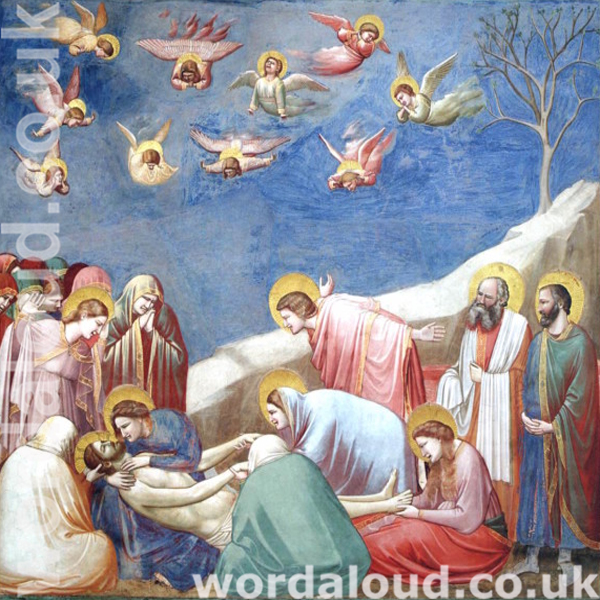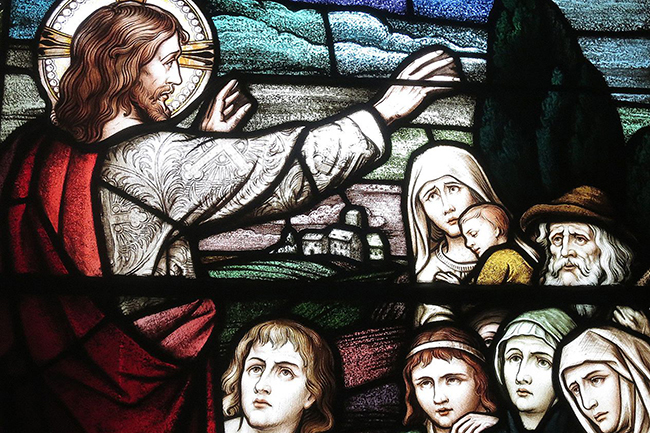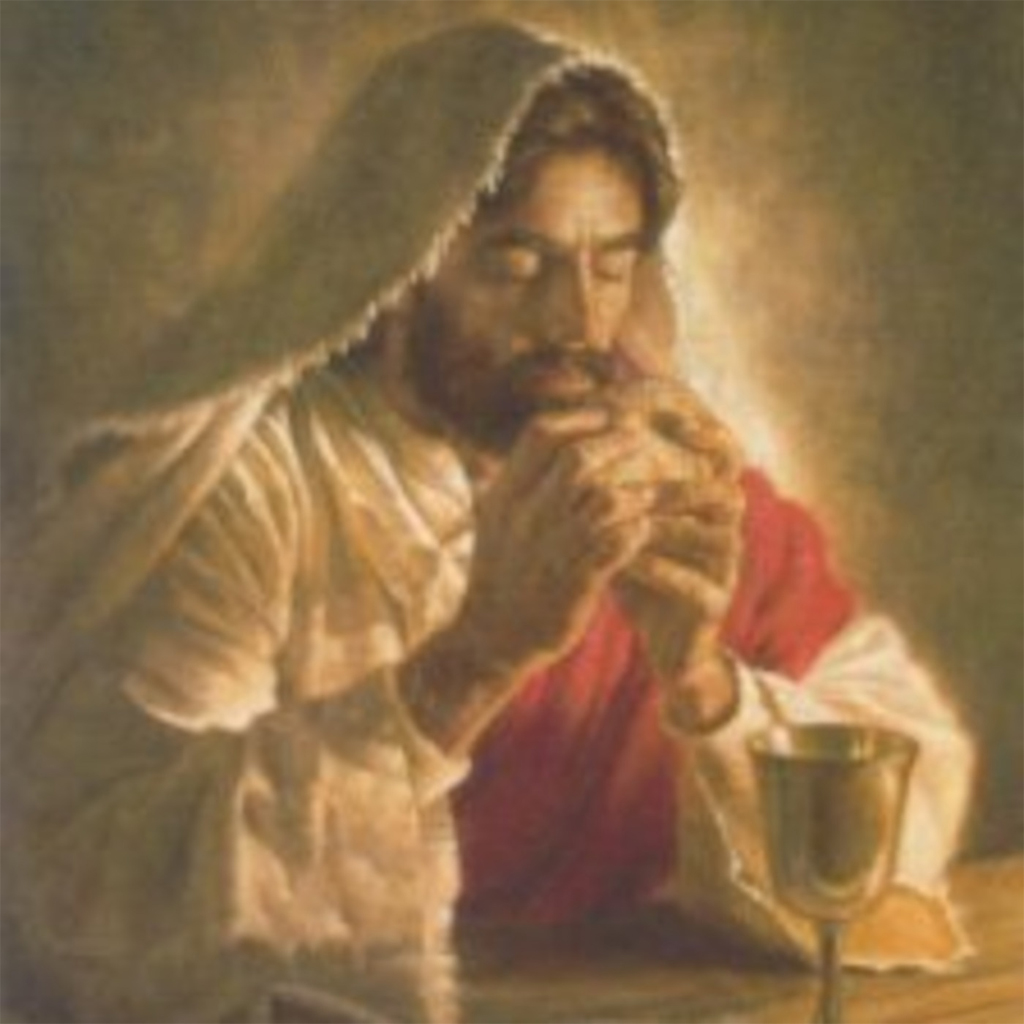Christian Art | Jesus Christ Is Crucified | Lamentations
Office Of Readings | Week 29, Sunday, Ordinary Time | A Reading From The Letter Of Saint Augustine To Proba | Let Our Desire Be Exercised In Prayer
‘Let us exercise our desire in prayer.’
Saint Augustine reflects on the nature and purpose of prayer. He rejects the idea that prayer is about informing God of our needs or persuading God by lengthy speech. God, who knows all things before they are uttered, asks us to pray not for His sake but for ours. Prayer enlarges the capacity of the human heart to receive what God already wills to give.
The psalm Augustine quotes — ‘One thing I have asked of the Lord: to dwell in the house of the Lord all the days of my life’ — expresses the simplicity and finality of Christian desire. The goal of prayer is not a succession of temporal goods but participation in the eternal life of God, where there is no passing of days and no fading of joy. Prayer trains the soul for this life by directing all desire towards its true object: the vision of God.
Augustine introduces a striking idea — that God delays in order to enlarge. The divine gift is vast, but the human heart is narrow. Desire must be stretched, purified, and disciplined through prayer, faith, hope, and love. Only then can it receive what ‘no eye has seen and no ear has heard’. Prayer, therefore, is not measured by words but by longing; not by time, but by depth.
For Augustine, ‘praying without ceasing’ means desiring without ceasing. The act of formal prayer, expressed in words, gives shape to this interior movement, reminding us of what we seek and urging us to seek it more earnestly. The life of faith is thus a continual conversion of desire — away from transient things towards the unchanging good. Through prayer, human longing is transformed from restlessness into readiness, from emptiness into expectation.
In the end, prayer becomes the exercise of eternity within time: a participation, through love, in that endless day where the soul lives in the presence of God and rests in his peace.

A Reading From The Letter Of Saint Augustine To Proba | Let Our Desire Be Exercised In Prayer
Why in our fear of not praying as we should, do we turn to so many things, to find what we should pray for? Why do we not say instead, in the words of the psalm: I have asked one thing from the Lord, this is what I will seek: to dwell in the Lord’s house all the days of my life, to see the graciousness of the Lord, and to visit his temple. There, the days do not come and go in succession, and the beginning of one day does not mean the end of another; all days are one, simultaneously and without end, and the life lived out in these days has itself no end.
So that we might obtain this life of happiness, he who is true life itself taught us to pray, not in many words as though speaking longer could gain us a hearing. After all, we pray to one who, as the Lord himself tells us, knows what we need before we ask for it.
Why he should ask us to pray, when he knows what we need before we ask him, may perplex us if we do not realize that our Lord and God does not want to know what we want (for he cannot fail to know it) but wants us rather to exercise our desire through our prayers, so that we may be able to receive what he is preparing to give us. His gift is very great indeed, but our capacity is too small and limited to receive it. That is why we are told: Enlarge your desires, do not bear the yoke with unbelievers.
The deeper our faith, the stronger our hope, that greater our desire, the larger will be our capacity to receive that gift, which is very great indeed. No eye has seen it; it has no color. No ear has heard it; it has no sound. It has not entered man’s heart; man’s heart must enter into it.
In this faith, hope and love we pray always with unwearied desire. However, at set times and seasons we also pray to God in words, so that by these signs we may instruct ourselves and mark the progress we have made in our desire, and spur ourselves on to deepen it. The more fervent the desire, the more worthy will be its fruit. When the Apostle tells us: Pray without ceasing, he mans this: Desire unceasingly that life of happiness which is nothing if not eternal, and ask it of him who alone is able to give it.
Christian Prayer With Jesus
Eternal Lord,
you know our needs before we speak,
yet you teach us to pray
that our hearts may be enlarged to receive your gifts.
Deepen in us the desire for your kingdom;
purify our longing for what endures,
and draw us into that life where all our days are one in your presence.
Through Christ our Lord.
Amen.
Glossary Of Christian Terms
Proba – A Roman widow and Christian noblewoman to whom Saint Augustine wrote about the meaning of prayer.
Desire (Desiderium) – In Augustine’s theology, the inward movement of the soul toward God, which prayer both expresses and purifies.
‘Enlarge your desires’ – A scriptural phrase used by Augustine to describe the process by which prayer increases the heart’s capacity to receive divine grace.
Pray without ceasing – A command of Saint Paul (1 Thessalonians 5:17), interpreted by Augustine as the continual longing of the soul for God.
Eternal Life – The unending participation in the divine life, the final object of human desire and the goal of all prayer.








